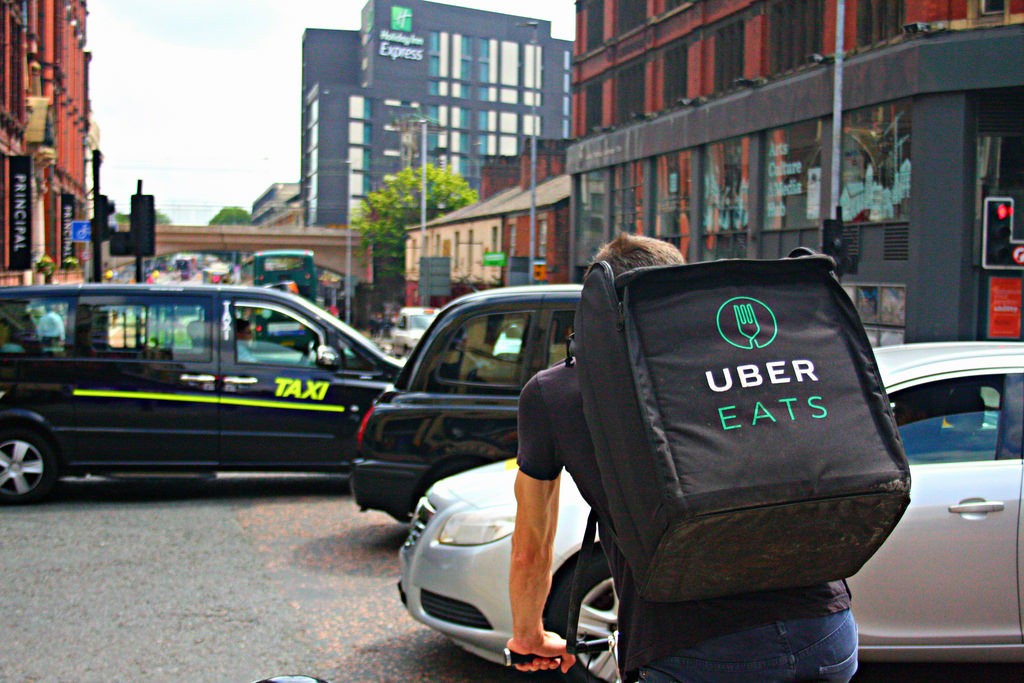Project aims to ensure that digital platforms like Uber treat workers fairly
A team including researchers from The University of Manchester has created the world’s first ever rating system for working conditions in the digital economy.
There are now more than sixty million platform workers around the world, doing work that is controlled via apps. Lacking the ability to collectively bargain, these workers have little ability to negotiate wages and working conditions with their employers.
The Fairwork Foundation project - a partnership between the Universities of Manchester, Oxford, Cape Town and the Western Cape - looks at how platforms like Uber and Taxify perform against five standards - fair pay, fair conditions, fair contracts, fair management, and fair representation. These include whether a company pays the minimum wage and ensures the health and safety of its workers.It collaborates with workers, trade unions, platforms and policy makers to develop core principles of fair work, and then undertakes research to evaluate whether platforms meet those standards.
The project seeks to work closely with platforms that have an interest in certification - and through dialogue and shared expertise, it aims to significantly contribute to the welfare and job quality of platform workers and bring a fairer world of platform work into being.
“Digital platforms offer new employment opportunities for workers in developing countries, but those opportunities too often fall short of decent work standards,” said Professor Richard Heeks, Professor of Development Informatics at The University of Manchester. “The Fairwork rating system highlights those shortfalls, as well as good practices.”
We hope the ratings will be widely used - customers will be able to make informed choices when ordering a taxi or a takeaway, workers can quickly distinguish good from bad platform employers, and investors can add an ethical dimension to their business and financing decisions. We have already seen a response from some platforms as they seek to improve their ratings.
The project has already led to positive impacts in South Africa, where the rating system has been piloted. After collaborating with Fairwork, the South African platform Bottles committed to support the emergence of fair worker representation on its platform, free from company interference.
In discussion with Fairwork, the NoSweat platform has introduced significant changes in all five areas of fairness. It now has a formal policy to pay over the South African minimum wage after workers’ costs are taken into account, it has a clear process to ensure clients on the platform agree to protect workers’ health and safety and for workers to lodge grievances about conditions.
Fairwork’s research is funded by the UK Economic and Social Research Council’s Global Challenges Research Fund as part of its New Models of Sustainable Development programme, with additional support from the Federal Ministry for Economic Cooperation and Development (BMZ), commissioned by the Deutsche Gesellschaft fuer Internationale Zusammenarbeit (GIZ).
For more information, visit https://fair.work.



